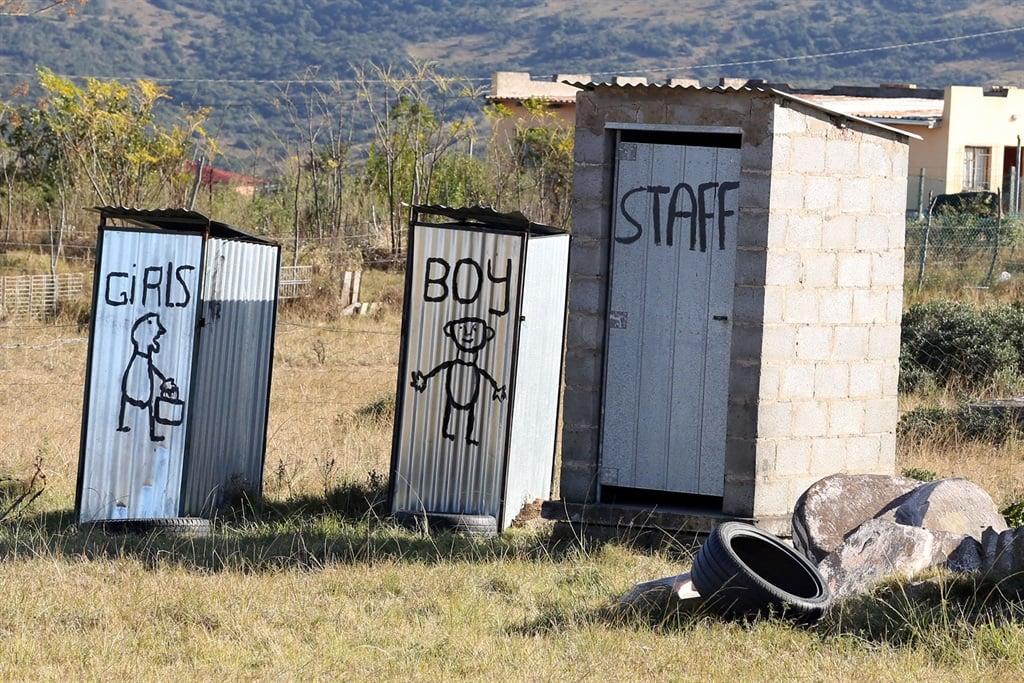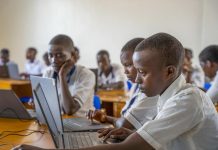Africa-Press – South-Africa. The abuse of gender diverse pupils motivated the proposal for unisex toilets at schools, says the Department of Basic Education.
Spokesperson Elijah Mhlanga told News24 that incidents of abuse and bullying of gender diverse pupils made it clear that the Constitution and the department’s policies were insufficient to prevent the violation of their rights.
Mhlanga’s comments came after a leaked draft document proposed unisex bathrooms and for teachers to move away from using gender specific pronouns.
He said the document provides some international and regional frameworks that enable United Nations, African Union and Southern African Development Community member states to carry out diversity and inclusion work in education and training.
He said:
Reports about the leaked document drew mixed responses, with critics saying the proposal was premature and, if passed, would contribute to increased gender-based violence and sexual assault incidents.
Others criticised the lack of toilets and sanitation infrastructure at rural schools that still use pit toilets.
One such critic was Cape Town resident Rudayba Rasool, who launched an online petition against the proposal. The petition, titled “No to unisex bathrooms for schools in South Africa”, has received almost 90 000 signatures.
Rasool said:
Other signatories cited privacy concerns, saying boys and girls should use separate bathrooms.
On criticism about the department’s failure to eradicate pit toilets, Mhlanga said it was unfortunate that the proposal had been “reduced to a story about toilets”, adding that it sought to “deal with serious social issues that go beyond the narrow focus on toilets”.
He said the criticism was not warranted, considering that it was in response to a leaked draft document.
“The guidelines the media is using is a rough draft that was yet to be presented at forums in the sector. Since then, there have been some consultation rounds where additional input has been received.
“The problem with leaked documents or documents released to the media prematurely is that they cause confusion, mislead people and contaminate the environment. They give the wrong impression about the intentions of the department, and it is sad and unfortunate,” said Mhlanga.
Wits University education policy expert, Dr Glodean Thani, told New24 that the department was acting in line with its mandate by proposing the frameworks that would inform the policy.
She said this did not mean the framework would become policy right after it was finalised.
She echoed Mhlanga’s view, saying while the Constitution protects pupils who are part of the LGBTQIA+ community, the proposed framework in the draft document would inform the specifics of how they were protected. She said if unisex bathrooms became part of the policy, they would be symbolic of the effort to normalise gender and sexual diversity.
“They would be symbolic of representation. Some want LGBTQIA+ pupils to have their own bathrooms, but isn’t that isolating them?”
Gender and sexual diversity
Thani said sexual diversity referred to identities, some of which were represented in the LGBTQIA+ spectrum, while gender diversity is how people identify outside of the “he or she” gender labels.
She used the analogy of transgender people to explain this.
“Trans people tell those around them what they identify as. It’s not about what you see but what the person identifies as. You may see a female or male, but a person may tell you they are the opposite gender,” she said, adding that the corrective surgery does not validate one’s identity as a trans person that others resort to.
“A person may say ‘I am a male trapped in a female body,’ and they will tell you they prefer to be called ‘she’. It’s about respecting who they say they are, ” said Thani.
Thani also responded to concerns about rape and sexual violence, saying although they are valid and must be addressed, people should not use these to delay the liberation of the marginalised minority.
For More News And Analysis About South-Africa Follow Africa-Press






